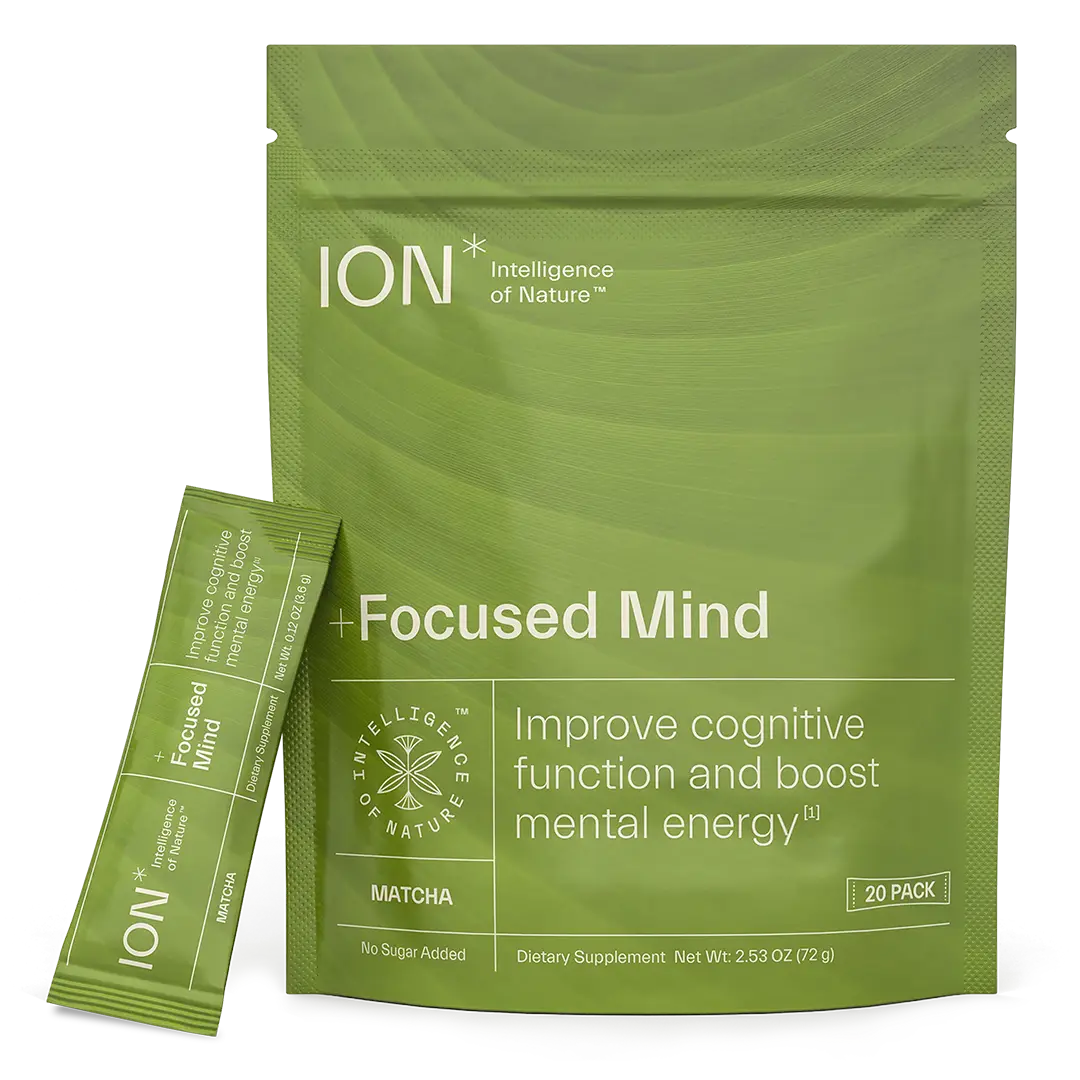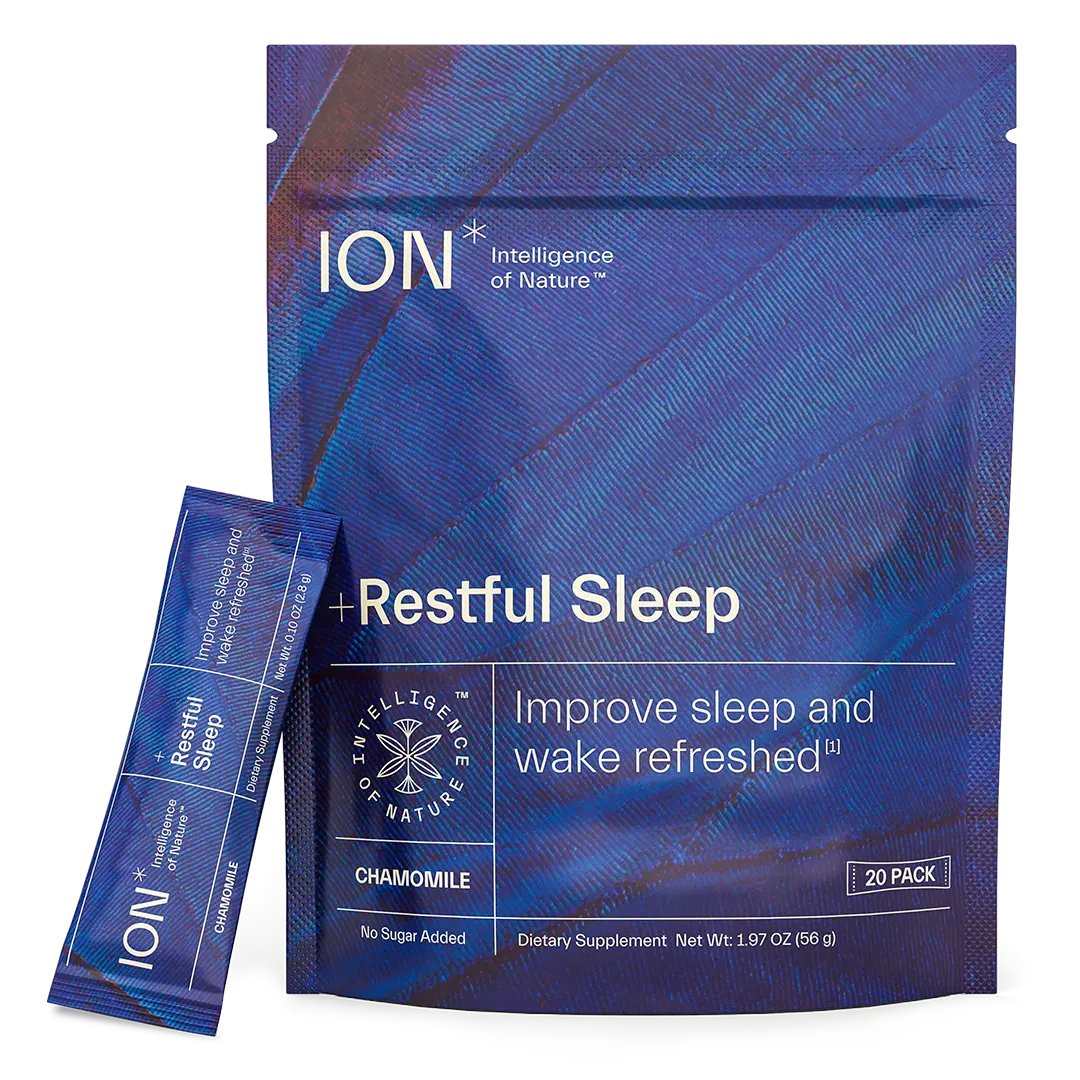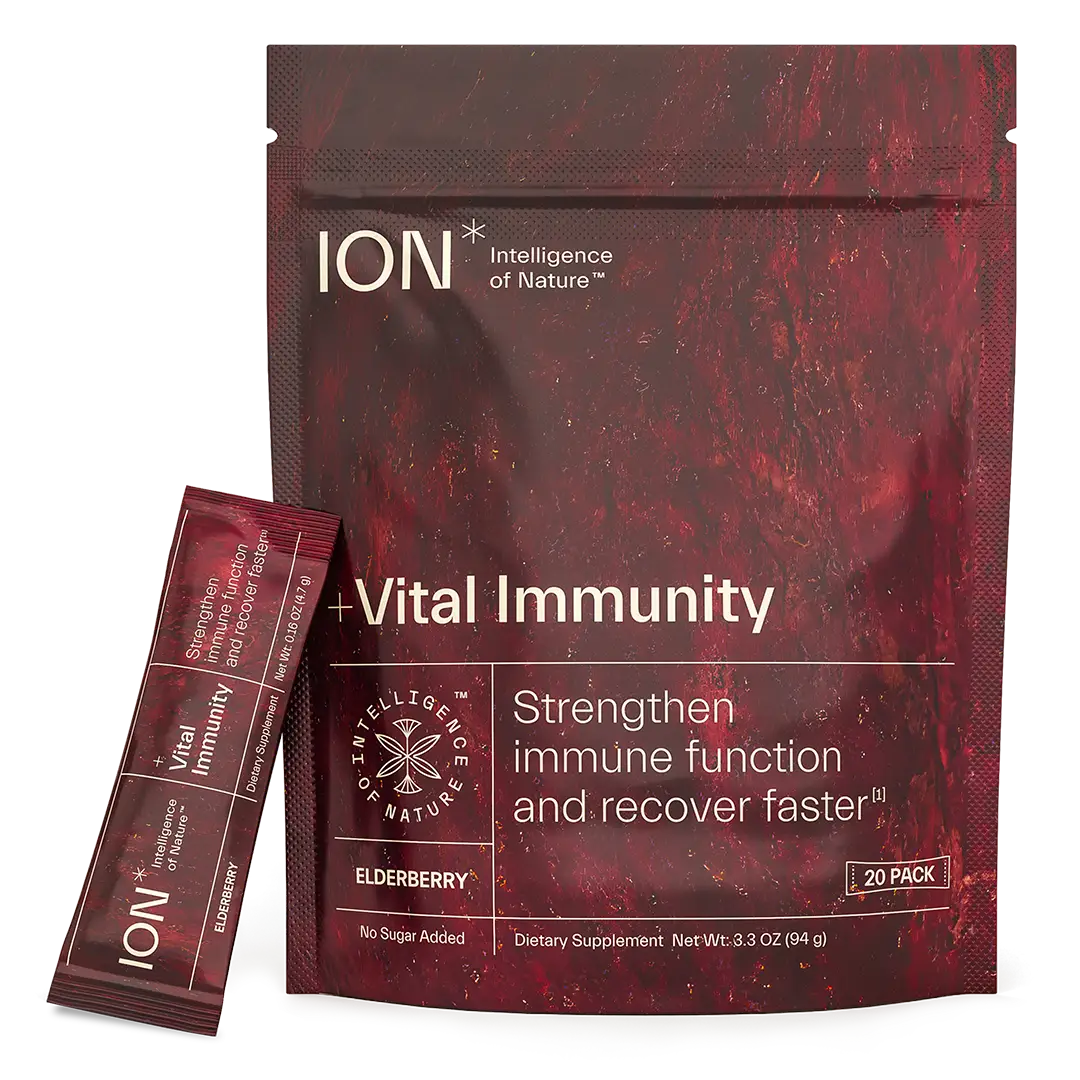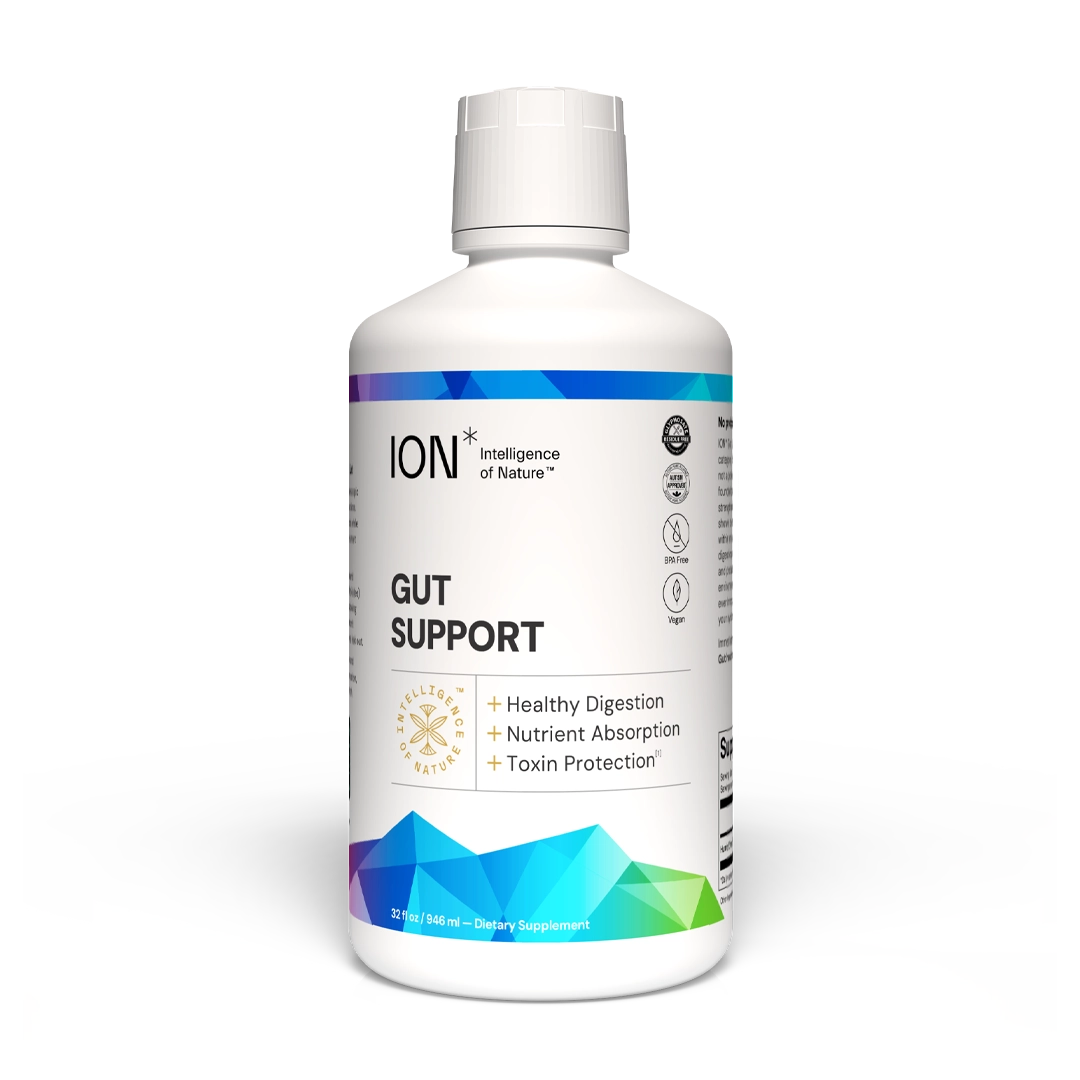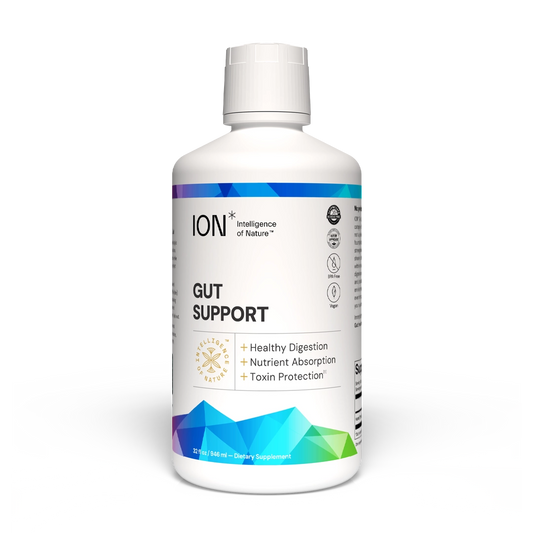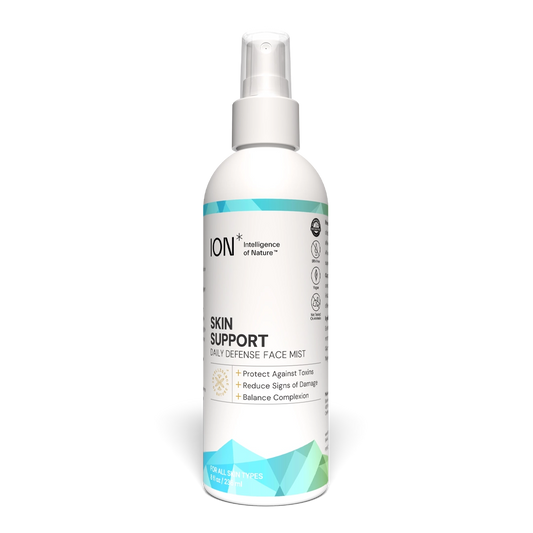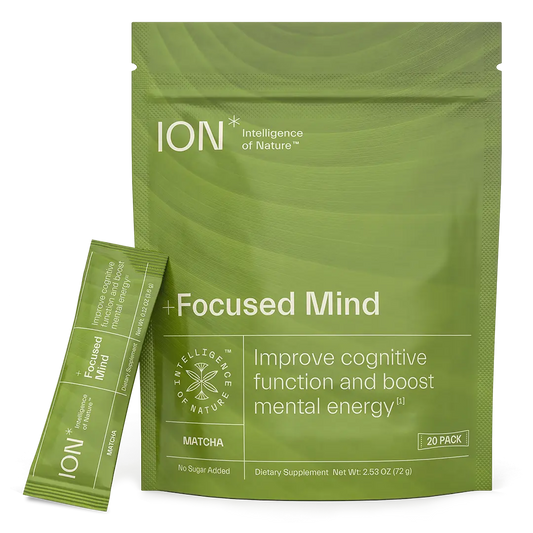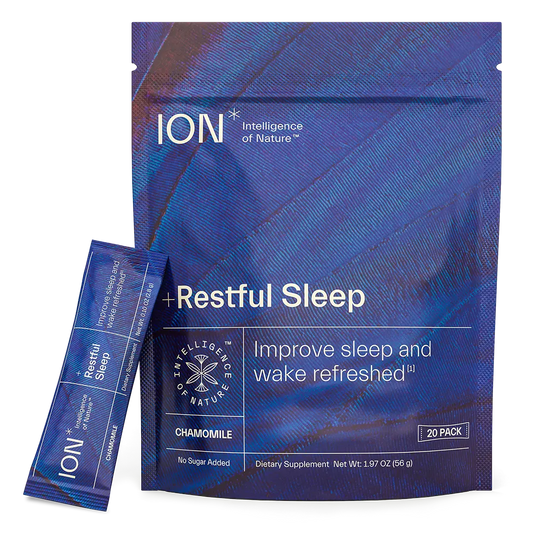There’s a lot of talk swirling about two big “G’s” in our health: the gut and gluten.
What connection does gluten have in the harm of our gut health?
It’s a perplexing possible connection. In almost every culture around the world, almost everyone eats gluten.
So, why doesn’t everyone get celiac disease or deal with gluten intolerance?
Emerging research points to an intriguing answer: the gut microbiome. Specifically, that the make-up of a person’s microbiome can have a major impact on their reactivity to gluten and their risk of developing celiac disease.
The Importance of Gut Health
Let’s back up to why the gut is so critical to our health and why this is even such a large topic of conversation in the first place.
We all know the gut is responsible for breaking down and absorbing nutrients from the food we eat, which our body needs to function properly. Outside of digestion and energy production, though, the gut has many important and far-reaching responsibilities to our overall wellness.
A big job the gut also has is the role it plays in our immune function. Your gut microbiome–home to a complex community of microorganisms–helps your body to protect itself against harmful bacteria, viruses, and other pathogens. In fact, over 70% of your immune function is in your microbiome!
And if immune function wasn’t enough of an important job, your microbiome also plays a key role to help regulate inflammation. This is also why an imbalance in the gut microbiome can lead to chronic inflammation, which is linked to a range of health issues, including autoimmune disorders, heart disease, and even cancer.
The health of your gut is also connected to your mental health, as the microbiome can actually impact brain function. Research has shown that poor gut health has been linked to depression and anxiety.
Gluten, The Gut, and The Microbiome
So, what’s up with gluten and gut health, exactly?
Gluten is a protein found in wheat, barley, and rye that’s responsible for the elastic nature of dough (basically, gluten helps dough hold together and rise well).
That delightful chewy texture in bread or pizza crust? That’s thanks to gluten.
While not a toxin, technically, gluten can cause a lot of damage, especially to your gut health.
First and foremost, gluten can disrupt the balance of bacteria in your microbiome, by aiding an overgrowth of harmful bacteria and reducing beneficial bacteria, resulting in inflammation and damage to the gut lining. As mentioned above, chronic inflammation has been linked to many health issues. This damage from gluten can also lead to malabsorption of nutrients and lead to a wide array of every day and chronic digestive issues, too.
Not surprisingly, given its propensity to trigger inflammation, gluten can also trigger a negative immune response in the body. This is the most pronounced in people who have celiac disease, an autoimmune disorder that causes damage to the gut when it's exposed to gluten. However, gluten can trigger an immune response that damages the gut lining and disrupts the balance of bacteria in the gut of anyone.
The reason for this is that gluten has certain features that make it more likely to trigger immune responses than other proteins we consume. A crucial difference is that gluten is less easily broken down by the enzymes in your body that digest protein. Gluten also has a propensity to bind to certain proteins in immune cells that would otherwise normally detect pathogens, which ultimately leads to inflammation as well.
Gluten and Increased Gut Permeability
The issues with gluten don’t quite end there. As you know, the walls of your intestines act as an important barrier between your gut and the rest of your body, serving as a gatekeeper, determining which substances pass through to the bloodstream and organs and which ones to keep out.
In your intestinal wall, you have tiny gaps in the cells called “tight junctions.” And gluten has been shown to loosen those critical tight junctions.
When these tight junctions are compromised, the gut becomes “leaky” thanks to increased gut permeability. (This is what “leaky gut” refers to.) When this happens, harmful substances and organisms in the gut are allowed to leak into the bloodstream, causing all sorts of issues.
Autoimmune conditions, including type 1 diabetes, Crohn’s disease, and inflammatory skin disorders have all been linked to increased gut permeability.
Gluten is also connected to glyphosate use which can also increase issues in the gut, making gluten-rich products a one-two punch of poor gut health factors.
Celiac vs. Gluten Sensitive
Many people are now recognizing that they may be facing issues with gluten. It’s no secret that the onset, progression, prevalence and stubborn nature of celiac disease and gluten sensitivity are on the rise. And research is now showing that disrupted microbiomes could be the culprit. (Or, at least partially responsible.)
At least 3 million Americans suffer from celiac disease, while non-celiac gluten sensitivity has been estimated to affect up to 18 million Americans. So it’s not surprising that more than 11 percent of U.S. households choose to avoid gluten altogether.
While gluten can spell trouble for many folks, there are differences between celiac disease and other gluten sensitivities and intolerances.
Celiac disease is an autoimmune condition where gliadin–a protein found in gluten–triggers the body’s immune system to produce antibodies that damage the gut and cause atrophy of the intestinal villi (tiny hair-like projections that line the inside of the small intestine).
The most common symptoms of celiac disease are weight loss, fatigue, joint pain, iron-deficiency anemia, skin rashes, abdominal pain, and seizures. Celiac disease is most commonly diagnosed by the presence of antibodies against transglutaminase 2 (TG2) and confirmed with a biopsy of the small intestine.
People with “non-celiac gluten sensitivity” (say that ten times fast) are individuals who experience symptoms in response to gluten consumption but are not diagnosed with celiac disease. The symptoms for non-celiac gluten sensitivity include abdominal pain, bloating, altered bowel movements, fatigue, headache, brain fog, joint and muscle pain, eczema or other skin rashes, depression, and anemia.
Good Habits for a Healthy Gut
One of the most important things you can do to help protect yourself is to bolster what protects you already–your gut!
And that means taking care of your gut microbiome, so it can diversify and flourish with beneficial bacteria. Thankfully, there are a few everyday things you can do to help to do this.
1. Level up your diet
One of the first and foremost things you can do to help your gut health and microbiome is control what you actually put there directly via the food you consume. A Mediterranean diet (that is, a diet rich in whole grains, vegetables, legumes, fruits, nuts, seeds, herbs, and spices) has been shown to improve microbiome diversity. You can also try adding fermented and/or cultured foods like kimchi, sauerkraut, and yogurt to your meals as well, as they boost gut bacteria’s diversity by providing natural probiotics.
2. Get your exercise in
Yes, it’s true! Even exercise can help improve the diversity of gut bacteria. (Plus, all the other added benefits, too.) Try to get in some movement for at least 30 minutes a day.
3. Maintain a healthy weight
Being within a healthy weight range (which is supported by a better diet and exercise!) can help promote a healthy microbiome.
4. Get enough sleep
Not only can good sleep help improve your microbiome, but bad sleep can actually make it worse. If you needed another reason to make getting a good night’s rest a priority every day, here it is.
5. Manage your stress levels
De-stressing is important for many parts of our health, but if you’re focused on your gut health, it’s especially so, as stress has been shown to negatively affect the microbiome.
Finally, Take Care of Your Gut Health Every Single Day
Gut health is a complex and varied thing, due in no small part to our daily lives and the different things we encounter on a daily basis. Everything from environment, diet, exposure to toxins, and gluten, can all affect our gut’s health.
That's why it’s important to go beyond the things that we can control in our day-to-day lives (stress, sleep, exercise, what we eat, etc.) to support your gut on a foundational, lasting level. And to make it a daily habit.
That’s where ION* Gut Support can really make a difference–and it’s simple enough to easily incorporate into any wellness routine and gentle enough for the whole family.
Unlike probiotics, prebiotics, or any other narrowly focused supplement, all natural ION* Gut Support works differently because it’s a completely different kind of wellness solution. One that was created, and proven, to work with your body, not add anything to it (which can ultimately work against your health, too).
ION* works by sealing the cells in your gut lining, helping to tighten cellular junctions to keep toxins out and strengthen the terrain upon which your unique microbiome can diversify. Basically, that means your gut can best perform all of its many (many, many, many!) jobs–including protecting you as your first line of defense against environmental and foodborne toxins. And when your gut can do that, everything else it's connected to benefits as well–like a better inflammatory response, enhanced mental clarity, and healthy, happy digestion.
Try ION* Gut Support today and see the difference it can make.
Source:
20 Things You Might Not Know About Celiac Disease, Celiac Disease Foundation
